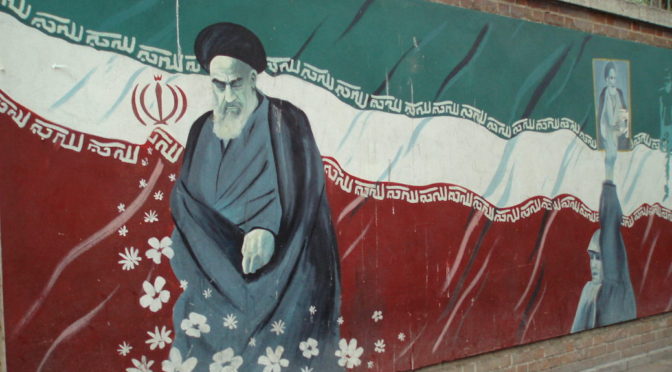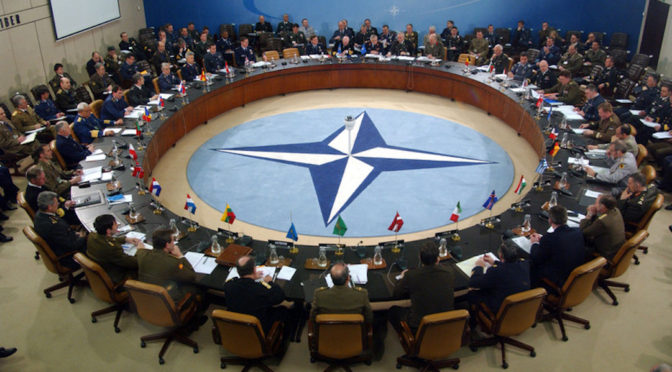David Jonas and Dyllan Taxman’s insightful article— “JCP-No-Way: A Critique Of The Iran Nuclear Deal As A Non-Legally-Binding Political Commitment” —examines the Iran Nuclear Deal and its place in prior US arms treaties. By positioning the Iran Nuclear Deal within the historical context of past agreements, American treaty-making, and national and international political norms, the… Continue reading JCP-No-Way: A Critique of the Iran Nuclear Deal as a Non-Legally-Binding Political Commitment
Category: International Security
Understanding the Challenge of Legal Interoperability in Coalition Operations
In coalition operations, individual States may be responsible in law for some, but not all, of the activities conducted, and coalition members will often have different legal obligations or varying interpretations of the same obligations. In this article, David S. Goddard explores the challenges of achieving legal interoperability—the effective managing of these differences— and suggests… Continue reading Understanding the Challenge of Legal Interoperability in Coalition Operations
Addressing the Guantanamo “Legacy Problem”: Bringing Law-of-War Prolonged Military Detention & Criminal Prosecution into Closer Alignment
Abrams seeks to move the discussion on Guantanamo detainees forward by bringing law-of-war detention and criminal prosecution into closer alignment. The article analyzes the Obama Administration’s current approach of dealing with terrorists captured abroad and its preference for conducting criminal prosecutions whenever feasible. Abrams proposes several changes to the current system, including a decision-making framework… Continue reading Addressing the Guantanamo “Legacy Problem”: Bringing Law-of-War Prolonged Military Detention & Criminal Prosecution into Closer Alignment


